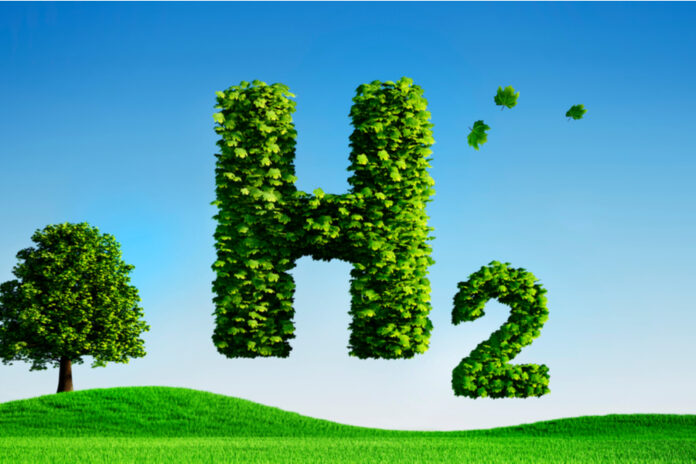RIYADH: Namibia is one of many countries seeking to cash in on the green energy rush and it is positioning itself as a leader in the emerging market for green hydrogen, The Wall Street Journal reported.
Many experts agree that “green” hydrogen, a carbon-friendly nontoxic gas produced using renewable energy, can play a significant role in achieving a green gas-neutral economy by 2050, helping to combat global warming.
The southwest African nation is already “putting up to EUR40 million ($45.3 million) from Germany to use on on feasibility studies and pilot projects related to so-called green hydrogen.”
“Germany’s government says Namibia’s natural advantages could help it produce the world’s cheapest green hydrogen — a crucial ingredient in policies hoping to cut carbon emissions to the net-zero benchmark by 2050,” the WSJ reported.
“The list is quite short of those new potential large renewable capable countries and Namibia is there,” the reported quoted Noel Tomnay, global head of hydrogen consulting at Wood Mackenzie, as saying. But he also pointed to significant challenges. “Infrastructure, suitable water and just the uncertainty associated with someone who’s not been doing that in the past on a large scale,” he said.
According to the report, several global players expressed interest after Namibia’s government put out a request for proposals to develop two separate but adjacent sites, where it envisions massive desalination plants.
The sites would also include wind and solar farms as well as electrolysers — systems that use electricity to split water into hydrogen and oxygen–which would be used to produce green hydrogen and ammonia for export.
Namibia received nine bids from six developers for the two sites, including South Africa’s Sasol Ltd., Australia’s Fortescue Metals Group Ltd. and Germany’s Enertrag AG–a shareholder in Hyphen Hydrogen Energy (Pty) Ltd., which has been awarded both sites.
In the global race for green hydrogen, Namibia is the latest sub-Saharan African country with major natural assets to position itself as a potential green energy hub.

